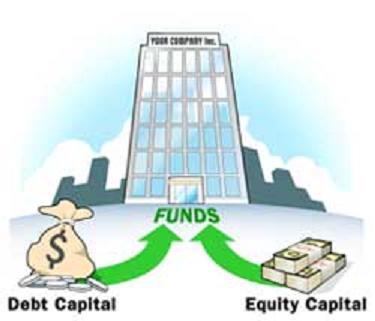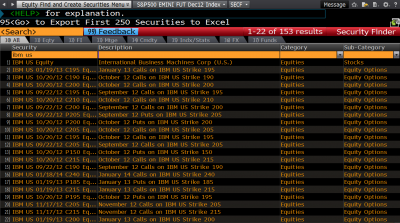Difference between Equity and Debt Securities

Every business needs a reliable source of finance to keep running as a going concern. There are a number of options for a business to raise capital for its operations and the most common one is taking a loan. Acquiring loan is preferred over issuing new shares of a company, as it does not dilute the control of the organisation by involving new investors. Either by share issue or by acquiring loan, a business needs to provide some sort of security against the capital it takes. It is the assets of the business entity which are provided as a security for gaining new capital. There are some huge differences between equity and debt securities and you must be able to distinguish between them.
Equity securities are certain portions of a business’s ownership capital, which is paid to the buyers of the equity instruments periodically in form of dividends. The buyers of equity instruments are known to be the shareholders and they are the owners of the company. The holders of equity securities (shareholders) have control over the company and can make vital strategic decisions.
In corporate context, debt securities are financial guarantees provided to the loan lender in return to the capital acquired. The debt borrower has to pay periodic interest payments during the term of the loan and the principal amount is to be returned after the maturity date.
Instructions
-
1
Equity Security
Equity markets can be very useful under stable economic condition and they can be effectively used as a source of finance. Equity securities actually represent the ownership in the related business and it is open-ended i.e. the ownership is not related to a specific time period and carries on until the shareholder withdraws from it or the business dissolves. However, the risk involved in equity securities is that their value might decrease over time.
Image Courtesy: singaporequant.blogspot.com
-
2
Debt Securities
These securities do not relate to the ownership in the company but merely the loan acquired. Debt securities have a maturing date after which the agreed settlement is made and securities are freed. The greatest risk involved in debt securities is that the company might go bankrupt and become unable to fulfill its liabilities. The value of these securities is dependent on the interest rate prevailing in the open market and any fluctuation might devalue them. Most investors opt for debt securities for income and stability of their principal.
Image Courtesy: dollarresource.com

